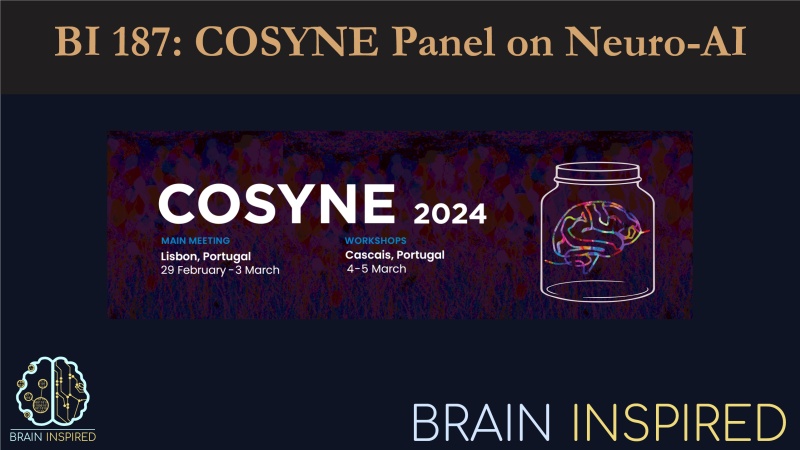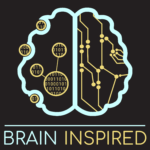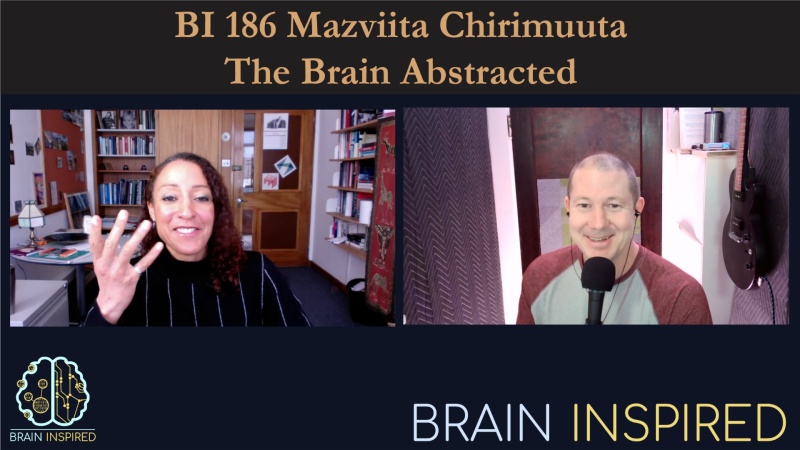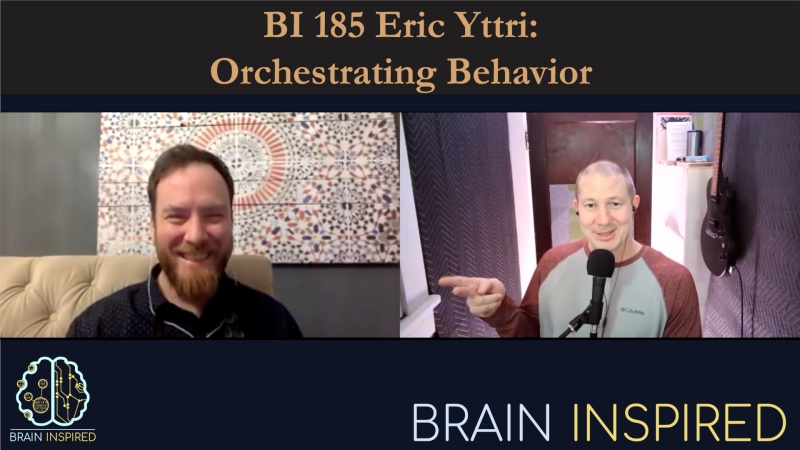
BI 187: COSYNE 2024 Neuro-AI Panel

Recently I was invited to moderate a panel at the annual Computational and Systems Neuroscience, or COSYNE, conference. This year was the 20th anniversary of COSYNE, and we were in Lisbon Porturgal.


Recently I was invited to moderate a panel at the annual Computational and Systems Neuroscience, or COSYNE, conference. This year was the 20th anniversary of COSYNE, and we were in Lisbon Porturgal.


Mazviita Chirimuuta is a philosopher at the University of Edinburgh. Today we discuss topics from her new book, The Brain Abstracted: Simplification in the History and Philosophy of Neuroscience.


Eric’s lab studies the relationship between various kinds of behaviors and the neural activity in a few areas known to be involved in enacting and shaping those behaviors, namely the motor cortex and basal ganglia. And study that, he uses tools like optogentics, neuronal recordings, and stimulations, while mice perform certain tasks, or, in my case, while they freely behave wandering around an enclosed space.


What Pete argues for is what he calls a sideways-in approach. So a bottom-up approach is to build things like we find them in the brain, put them together, and voila, we’ll get cognition. A top-down approach, the current approach in AI, is to train a system to perform a task, give it some algorithms to run, and fiddle with the architecture and lower level details until you pass your favorite benchmark test.


You may know my guest as the co-founder of Neuromatch, the excellent online computational neuroscience academy, or as the creator of the Brian spiking neural network simulator, which is freely available. I know him as a spiking neural network practitioner extraordinaire. Dan Goodman runs the Neural Reckoning Group at Imperial College London, where they use spiking neural networks to figure out how biological and artificial brains reckon, or compute.